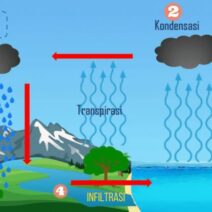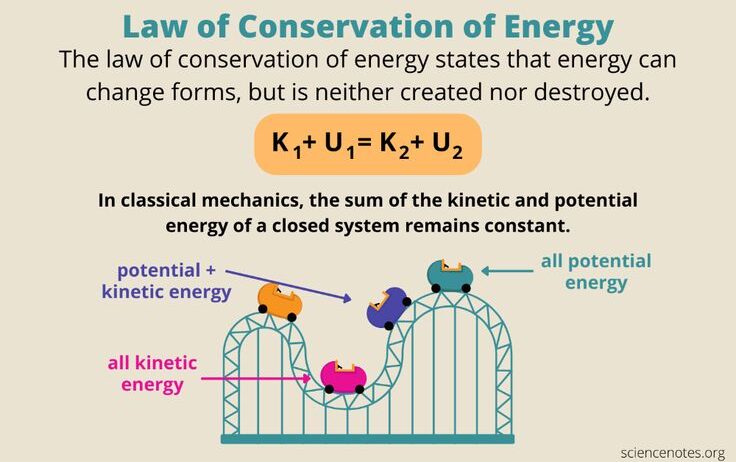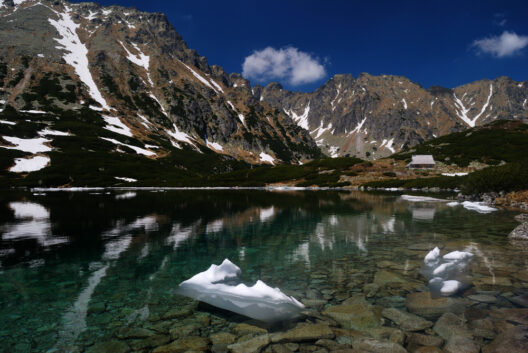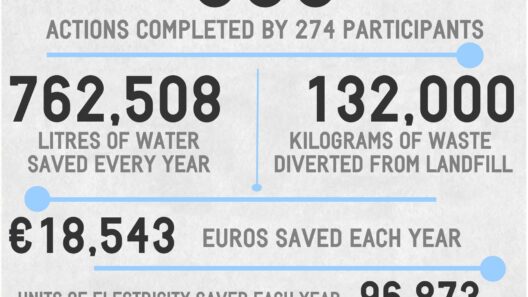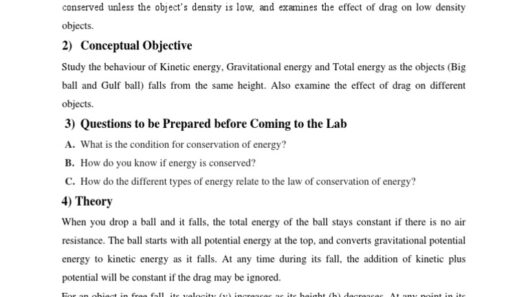Energy conservation is a fundamental principle that governs various processes in our everyday lives. It represents a vital concept in both science and environmental discussions, often misunderstood or overlooked by the general populace. The law of conservation of energy states that energy cannot be created or destroyed; it can only change forms. To put it simply, the total energy in a closed system remains constant. This principle spans across countless domains, including physics, chemistry, and ecology, making it a cornerstone of various scientific inquiries.
One of the most straightforward ways to elucidate energy conservation is through a common observation: think about the experience of boiling water. When water heats up on the stove, the electric or gas energy is transformed into thermal energy, which in turn raises the temperature of the water. As the water reaches its boiling point, that thermal energy begins to change into steam, demonstrating an energetic transformation rather than an energetic loss. This example serves as a tangible illustration of energy’s inherent adaptability, displacing misconceptions that energy is easily ‘lost.’
The phenomena surrounding energy conservation extend beyond mere physics; they evoke insatiable intrigue for deeper understanding. Why, for instance, do certain systems appear to waste energy? This is where the concept of efficiency comes into play. In every transformation, some energy becomes unusable, often dissipated as heat due to friction or other limiting factors. In appliances and machinery, this inefficacious conversion can lead to significant energy waste, prompting consumers and industries alike to seek better energy management techniques.
From a micro perspective, energy conservation intertwines with daily habits, revealing the often-overlooked role of individual choice in broader environmental contexts. For example, energy-efficient light bulbs and appliances convert a higher percentage of energy into usable light or work compared to their traditional counterparts. By selecting energy-efficient products, individuals participate in a larger movement toward sustainable living and reduced carbon footprints. This a small yet impactful way to participate in energy conservation, emphasizing the principle’s relevance on both personal and societal scales.
The intersection of energy conservation and ecological awareness becomes strikingly apparent when discussing non-renewable vs. renewable energy sources. Fossil fuels, like coal and natural gas, have dominated global energy consumption, often leading to detrimental environmental consequences, including climate change. The extraction and combustion of these energy sources release greenhouse gases, affecting global temperature and weather patterns. However, the transition to renewable energy sources—such as solar, wind, and hydroelectric power—presents an opportunity for significant energy conservation. These alternatives not only replenish themselves but also generally produce cleaner, more efficient energy, allowing for a sustainable balance between usage and conservation.
Delving deeper into the ramifications of energy conservation reveals challenges such as energy policy and infrastructure. Governments worldwide are tasked with managing energy resources in a manner that ensures both availability and sustainability. This entails investing in grid modernization, developing regulatory frameworks that encourage energy efficiency, and promoting public transportation systems to reduce individual carbon outputs. Moreover, new technologies, including smart meters and energy storage systems, facilitate consumer awareness of energy use, enabling informed decisions that contribute to energy conservation.
An often-overlooked aspect of energy conservation is behavioral economics. Understanding what drives consumers to adopt energy-saving practices leads to more effective interventions. Psychological factors, such as social norms, perceived value, and immediate benefits, greatly influence individual energy consumption patterns. Educating the public about the advantages of energy conservation, both economically and environmentally, can inspire a collective shift toward sustainability. Marketing campaigns that emphasize the long-term savings associated with energy-efficient practices can reshape perceptions and encourage greater participation.
In addition to households, industries bear a significant responsibility in the quest for energy conservation. Manufacturing processes often utilize tremendous amounts of energy; thus, adopting practices like energy audits and lean production can yield substantial energy savings. By implementing energy management systems and targeting energy-intensive operations, industries can foster innovation while simultaneously lowering their operational costs and environmental impacts.
Furthermore, the concept of “energy as a service” introduces an intriguing prospect for the future; it suggests that businesses could offer energy solutions rather than traditional energy delivery. This model encourages companies to optimize energy use, as they would benefit from decreased consumption due to efficiency innovations. This shift represents a paradigm change in the way energy conservation is conceptualized within the economic spectrum, effectively marrying environmental stewardship with fiscal responsibility.
Ultimately, energy conservation is an intricate puzzle, where each individual’s piece contributes to the collective picture of sustainability. By understanding that energy transformations are an inherent part of nature, we can develop a comprehensive framework that emphasizes responsible energy use, technological advancement, and behavioral shifts. From homes to large-scale energy systems, conservation stands as a testament to our ability to live harmoniously with our environment, underscoring our responsibility to preserve our planet for future generations.
In conclusion, energy conservation embodies a multifaceted concept worthy of unwavering attention. By effectively communicating its principles and practices, we can facilitate a profound appreciation for the various aspects of energy conservation. As we articulate the importance of energy management in our lives, it becomes essential not only to foster individual responsibility but also to cultivate a collective ethos aimed at a sustainable future, addressing a critical observation in today’s world that resonates far deeper than mere numbers.

